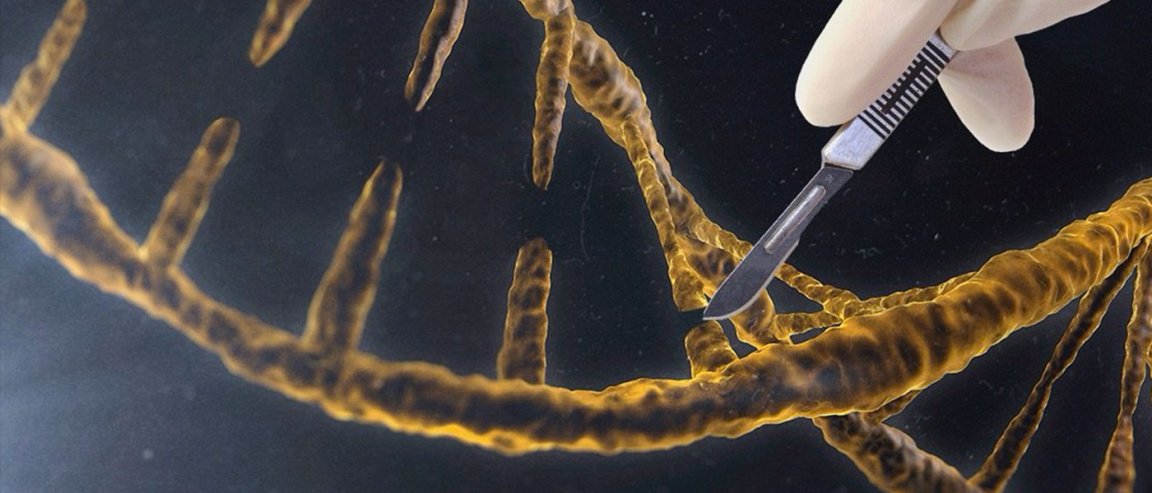
Jennifer Kahn, a science journalist for the New York Times, recently did a TED Talk in which she discussed the discovery, application, and implications of a CRISPR gene drive used to make mosquitoes resistant to malaria and other diseases like chikungunya, and Zika.
Watch the talk in the video below, and learn how geneticists are achieving the (seemingly) impossible:

In pioneering experiments, biologist Anthony James became enamored with the idea of using genetic modification to make the genus of mosquito (Anopheles) that is responsible for transmitting malaria incapable of carrying the disease causing parasite. James was able to create the resistant mosquitoes, but he ran into a roadblock when trying to perpetuate the trait into future generations.
Kahn states that it would take introducing a number of engineered mosquitoes ten times the population of native mosquitoes. This would likely not go over well with the local humans.
In Janurary of 2016, James received word from biologist Ethan Bier that Bier and his grad student Valentino Gantz discovered a means in which biologists can ensure the inheritance of an engineered trait as well as the rapid proliferation of that trait from generation to generation. Prior to these experiments, it had been deemed impossible, due to Mendelian genetics, for an entire generation to inherit a specific trait.
Against conventional understanding, this is exactly what happened.
Two mosquitoes engineered to have red eyes were introduced to 30 white eyed mosquitoes. Two generations later, there were 3,800 new mosquitoes, all of which had red eyes.
This discovery opens up a world of possibilities outside of disease prevention such as invasive species elimination among countless others. These possibilities present some serious bioethical questions for the use of, or abstinence from, this form of modification. Kahn uses Asian carp as an example. While Asian carp is an invasive species in the Great Lakes, the species could go extinct if modified carp were introduced to their natural habitat.